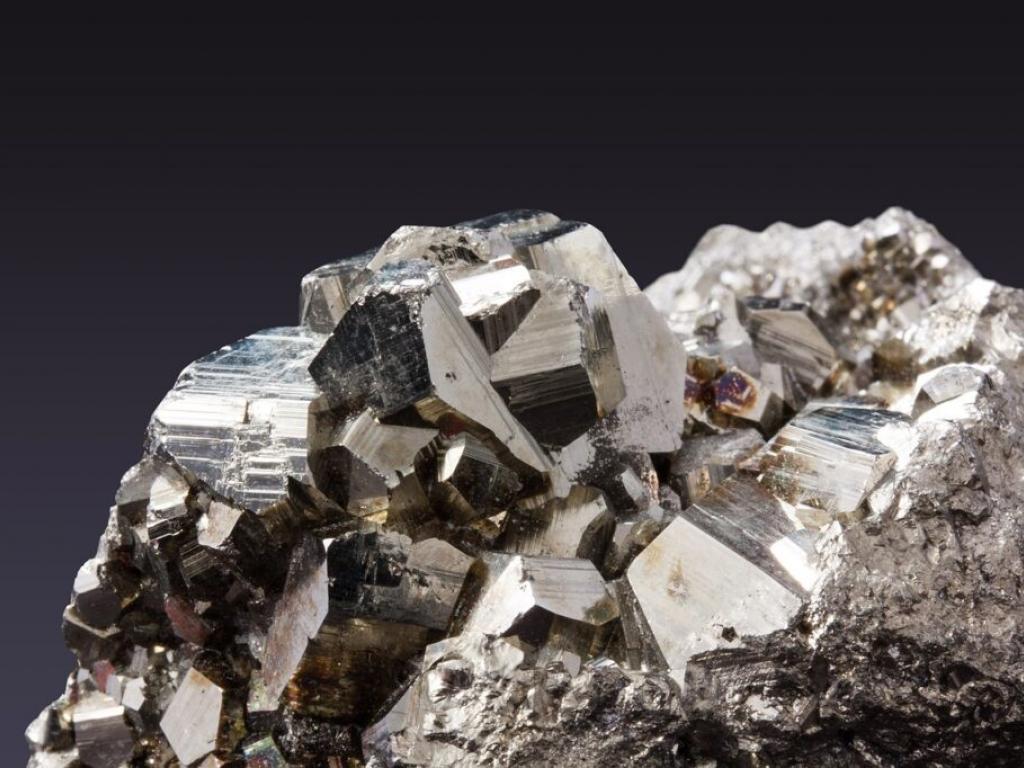Sulfur Shortage Could Slam 'Various Sectors — Mining, Green Economy, Food,' Expert Warns
Author: Matt Whittaker | February 20, 2024 06:47pm
Editor’s Note: This story has been updated to correctly reflect that Barrick Gold Corp. is the second-biggest miner of gold.
The mining industry is currently watching a trend play out in Kazakhstan that could have wide-ranging effects on other sectors across the globe.
What Happened: Uranium miner Kazatomprom (OTC:NATKY) recently lowered its production forecast because it can't get enough sulfuric acid due to competition from the local fertilizer industry (sulfuric acid is the main reagent used in uranium mining).
"The disruption in Kazakhstan seems like a temporary regional challenge, but any global disruption in the sulfuric acid supply chain would have important consequences on an array of sectors," François Le Scornet, president of Carbonexit Consulting, told Benzinga.
"There is indeed a broader global long-term concern about regular sulfur shortages that will impact various sectors — mining, the green economy, the food system,” Le Scornet added.
See Also: Sibanye-Stillwater Explores Use Cases For Rare Metal The Auto Sector Needs Less Of
Industries use sulfuric acid for a variety of processes including tire manufacturing, fertilizer production and gold mining. Sulfuric acid is mainly produced as a byproduct of oil and natural gas production.
Observers expect demand for the acid to increase due to fertilizers. A growing population will need more food, which will take more fertilizer to grow.
Also, lithium batteries for electric vehicles (EVs) and grid-scale electricity storage need sulfuric acid to function. Those batteries and other green tech like solar and wind farms also need huge quantities of metals like copper, cobalt and lithium — and the sulfuric acid needed to extract those minerals.
Why It Matters: Researchers from the University College London found those factors could create a sulfuric acid shortfall of 100 million to 320 million metric tons per year by 2040, depending on how fast the global economy decarbonizes.
"The dwindling supply could lead to a transition period when green tech outbids the fertilizer industry for the limited, more expensive sulfur supply, creating an issue with food production, particularly in developing countries," the scholars wrote in a 2022 paper published in The Geographical Journal.
At the same time, the sulfuric acid shortage could reinvigorate an industry for mining sulfur from deposits of pyrite, gypsum and anhydrite.
"If we see a general move away from oil and gas, this will certainly reduce the level of sulfuric acid supply, and we may be in a situation like we were in the 1930-50s where we have to start mining sulfur sources like pyrite to keep up with demand," Simon Jowitt, mining industry consultant and associate professor of economic geology at the University of Nevada Reno, told Benzinga.
"However, that would require exploration, development and more mining, all of which causes other challenges,” he added.
Barrick Gold Corp. (NYSE:GOLD) is the world's second-biggest miner of gold. At its Golden Sunlight mine in Montana, the company removes and concentrates pyrite from ground rock waste from which gold has already been extracted.
The company sells the product to its joint venture with Newmont Corp. (NYSE:NEM), Nevada Gold Mines.
Eagle Materials (NYSE:EXP) and Arcosa Inc. (NYSE:ACA) produce gypsum and anhydrite, which are used in the construction industry.
For now, there's no global shortage of sulfuric acid necessitating the mining of those sulfur-bearing minerals.
"Sulfuric acid appears to be plentiful in the U.S., and we are not having trouble procuring it at an acceptable price," uranium producer Energy Fuels Inc. (NYSEAMERICAN: UUUU) spokesman Curtis Moore says.
And not all uranium producers use the same method or quantities of sulfuric acid as Kazatomprom.
Energy Fuels for instance, doesn't pump the chemical into the ground to dissolve uranium. Rather it processes ore at a mill in large steel tanks, recycling as much of the acid as possible.
Now Read: New Gold To Implement Plan To Boost Gold, Copper Production
Image by Stefan Schweihofer from Pixabay
Posted In: ACA EXP GOLD NATKY NEM UUUU





